Anxiety Disorders And Older Adults

Feeling anxious and nervous is a normal reaction to stress, but when it occurs often and is overwhelming affecting the daily tasks, social life and relationships that it turns into an illness. Anxiety is a common illness that affects every 10-20 elders, with it being more common in women than men. Anxiety in both the old and the young causes feelings of fear, worry, apprehension or dread that is disproportionate to the problem or situation feared.
Anxiety disorders affecting the elders could be of various types:
Social phobia: Also known as social anxiety disorder, it makes one very self-conscious and anxious of social situations; an older adult could feel an intense, persistent, and chronic fear of being judged by others and of doing things that will cause embarrassment. Being uncomfortable and anxious of a social encounter and worry how they will be judged, the elder could portray physical symptoms as blushing, heavy sweating, trembling, nausea, and difficulty talking.
Specific phobias: This sort of phobia could be an intense and irrational fear of a place, thing or event, with some having intense fears of heights, escalators, tunnels, highway driving, closed-in spaces, flying, and spiders. The phobias that are very common in older adults include fear of disaster to family, death and dental procedures. These situations could be triggers that could cause heart palpitations, chest pain, and shortness of breath, nausea and dizziness.
Generalized anxiety disorder or GAD: An elder or older adult could also suffer from GAD where he/she has constant worries unnecessarily about health issues, money, family problems, or possible disaster, with older adults having difficulty relaxing, sleeping and concentrating, and they startle easily. An older adult could also experience fatigue, chest pains, headaches, muscle tension, muscle aches, difficulty swallowing, trembling, twitching, irritability, sweating, nausea, lightheadedness, urge to go to the bathroom frequently, feeling out of breath, and hot flashes.
Post-traumatic stress disorder or PTSD: This stress disorder develops after a traumatic event that involved physical harm or the threat of physical harm to the individual, a loved one, or even strangers like mugging, rape, abuse, car accidents, or natural disasters such as floods or earthquakes, or experiences of war. An older adult with this anxiety disorder may startle easily, be emotionally numb with people with whom they were once close, have difficulty feeling affection, and lose interest in things they once enjoyed. Those suffering PTSD may be irritable, aggressive or violent and may experience flashbacks when he/she believes the event is actually happening.
Obsessive-compulsive disorder or (OCD: Though less common among older adults, they could suffer from persistent, upsetting thoughts that they control by performing certain rituals, such as repeatedly checking things, touching things in a particular order, or counting things. Some with OCD are preoccupied with order and symmetry; others accumulate or hoard unneeded items.
These are some of the anxiety disorders that older adults suffer from; Untreated this anxiety could lead to cognitive impairment, disability, poor physical health, and a poor quality of life. Fortunately they are treatable with prescription drugs and therapy.
Image Courtesy: Google
Take the next step toward your goals
Share your requirement and find the best care providers in your area
-
Looking for a caretaker’s job? Build your profile and get in touch with families in your vicinity.
-
Discover nannies, babysitters, cooks, housekeepers, pet sitters, and elder care under one roof.
-
Get all the support you need to run a successful care center.
-
Search for appropriate centers near you depending on your needs.
Care Corner Insights: Blog Library

Deep Cleaning Your House: Room-by-Room Checklist for a Thorough Clean
A sparkling clean home isn’t just about looks—it’s about health, comfort, and peace of mind. Whether you’re prepping for a festival, hosting guests, or just tired of the clutter, a deep clean can transform your space. But where do you start? Here’s a
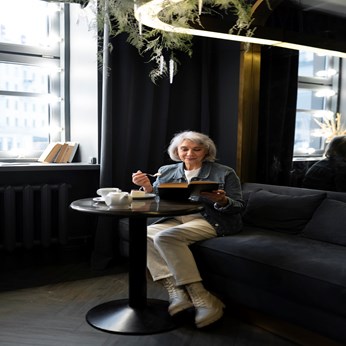
What are Senior Apartments? Experts Explain Independent Living for Older Adults
As we age, our needs and lifestyles evolve—but one thing remains constant: the desire for independence. Senior apartments are designed precisely with this in mind, offering older adults a living arrangement that balances freedom with comfort, safety,
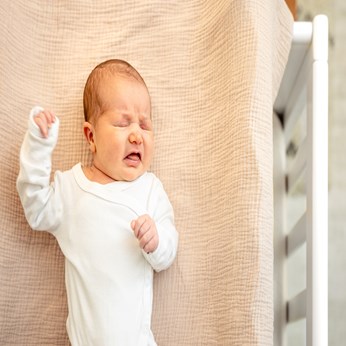
Baby Sleep Problems: What is Sleep Regression and How to Handle It
If you’re a parent, you know that baby sleep is one of the greatest mysteries of life. One day your little one is snoozing like an angel, and the next day they’re suddenly waking up every hour, fussing, or refusing to nap. Before you panic, there’s a
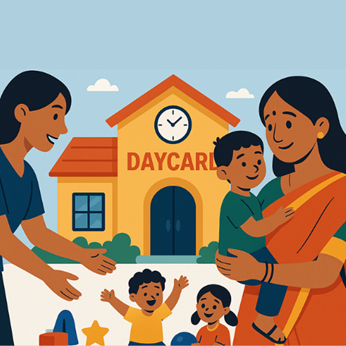
Daycare Admissions in Cary, NC for New NRI Families: Documents, Health Records, and Start Dates
Moving to a new country is exciting but also comes with many responsibilities—especially when it comes to finding the right daycare for your little one. For new NRI (Non-Resident Indian) families settling in Cary, NC, understanding the daycare
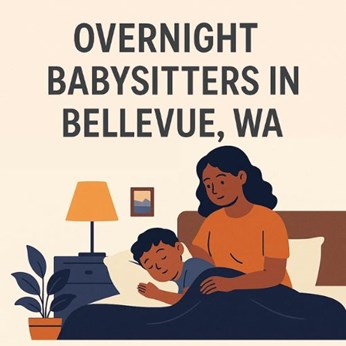
Overnight Babysitters in Bellevue, WA for Business-Travelling NRI Parents: Safety & Policies
For many NRI parents living in Bellevue, WA, frequent business trips are a reality. While traveling, one of the biggest concerns is ensuring your children are safe, cared for, and emotionally supported during overnight stays. Overnight babysitters ca

Indian Home-Style Cooks in Queens, NY: Tiffin-Style Weekly Meal Prep from Your Kitchen
Queens, NY, is home to one of the most diverse food cultures in the country, and Indian cuisine holds a special place among families looking for authentic, comforting meals. While restaurant takeout is convenient, nothing compares to the taste and nu
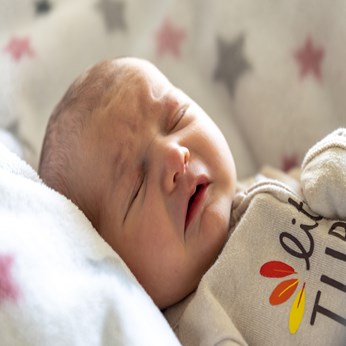
Baby Sleep Problems: What is Sleep Regression and How to Handle It
If you’re a parent, you know that baby sleep is one of the greatest mysteries of life. One day your little one is snoozing like an angel, and the next day they’re suddenly waking up every hour, fussing, or refusing to nap. Before you panic, there’s a
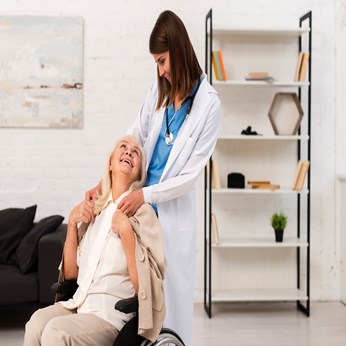
What is Validation Therapy? A New Approach to Dementia Care
Caring for loved ones with dementia is one of the most emotionally challenging journeys a family can face. Traditional methods often focus on correcting memory lapses or redirecting confused thoughts—but that can sometimes lead to frustration, stress
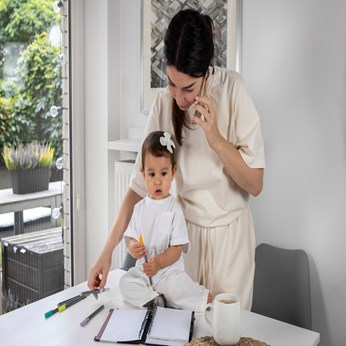
What is a Part-Time Nanny and Do You Need One
Parenting is a beautiful journey, but let’s be honest—it can also be exhausting! Between work deadlines, household chores, and family responsibilities, sometimes there just aren’t enough hours in a day. That’s where part-time nannies step in, offerin
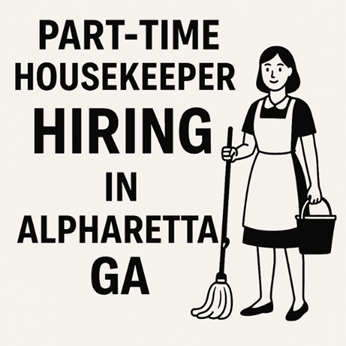
Part-Time Housekeeper Hiring in Alpharetta, GA: Weekly Schedules, Pricing, and Must-Do Tasks
Keeping a home spotless while balancing work, family, and personal commitments can be overwhelming. For families and professionals in Alpharetta, GA, hiring a part-time housekeeper is one of the most practical solutions. Whether you need help once a